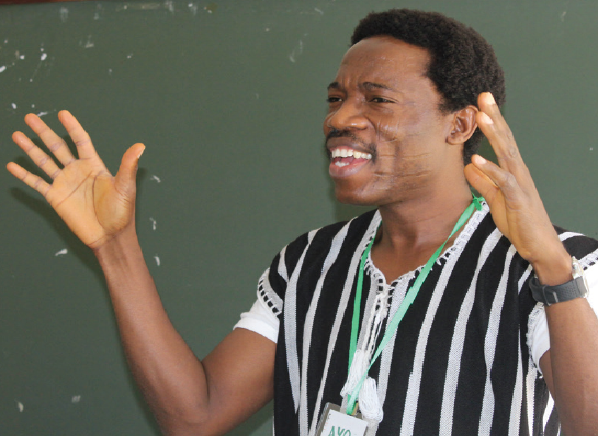
The 2016 United States presidential election and the controversial role of Cambridge Analytica alarmed the world and alerted it to the role of large data in politics and policy. Using data sourced most times without the owners’ consent, Cambridge Analytica succeeded in guiding the composition and dissemination of the campaign messages of the Republican Party in a way that played on the fears and aspirations of the American individual person and subgroups.
The razor-sharp, surgically targeted messages were almost irresistible because they were like sincere whispers of a close friend telling each voter about the deepest and unutterable secrets and fears of their hearts – secrets and fears that were detected through large data analysis. The world woke up to this perversion when it was too late; Cambridge Analytica disbanded itself, but it all left us with a message: data matters in policy and politics.
But have we not always known that? We very much do. That is why at the end of nearly all academic publications in the human sciences, we have policy recommendations. No matter how remotely connected to policy the study is, we attempt to ram in some policy recommendations. The result of this is known: very rarely does any policy maker take our recommendations seriously for obvious reasons. These reasons include first, many of our studies are not policy-engaged – they are only policy-appended or policy-relevant. Second, the policy makers do not read our journals and books. Third, there is a plain aversion to intellection among our bureaucrats and politicians. There are more reasons.
Register for Tekedia Mini-MBA edition 17 (June 9 – Sept 6, 2025) today for early bird discounts. Do annual for access to Blucera.com.
Tekedia AI in Business Masterclass opens registrations.
Join Tekedia Capital Syndicate and co-invest in great global startups.
Register to become a better CEO or Director with Tekedia CEO & Director Program.
The foregoing situation is what makes this publication of immense importance in my view. Here is a detailed, data-driven publication that seeks to engage governance, right from the start– not at the end. Its focus is sharp– citizen engagement and communication infrastructure. Its audience is defined– policy actors. Its language is also largely devoid of our cryptic academic jargons which policy actors find discouraging.
Anyone who would govern at this age needs a voice like the one we hear in this report, the voice of a credible interrogator of the specific aspects of our society and governance. It is my hope that the target audience of this report will take it seriously, and amend its communication strategies accordingly.
Editor’s Notes: This is a foreword written by Professor Ayobami Ojebode, Department of Communication and Language Arts, University of Ibadan to Osun Civic Engagement Report released by the Positive Agenda Nigeria in 2019.


